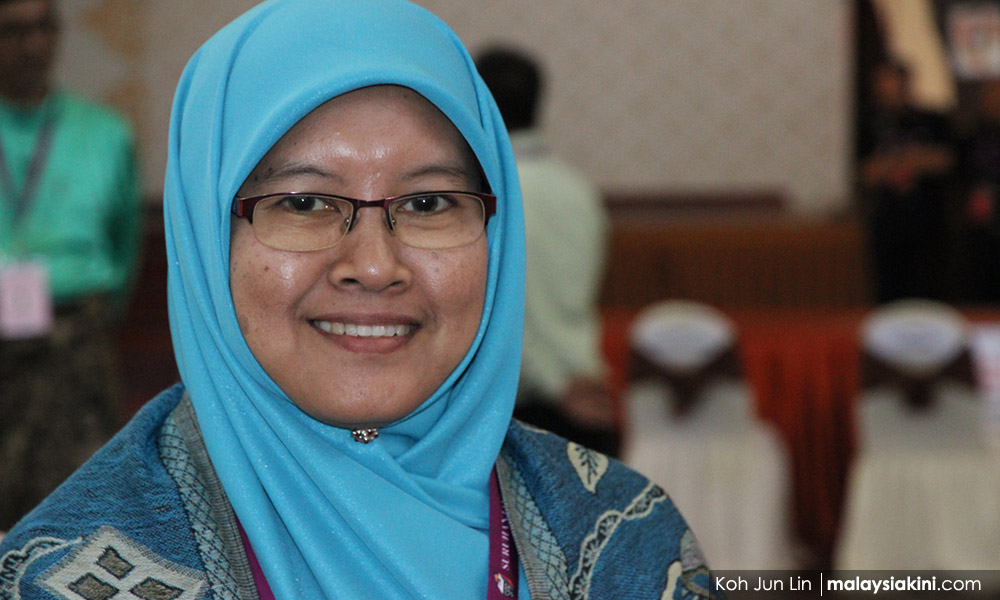Very young children should not be sent to tahfiz centres where they have to live in the hostels, Kedah Education and Human Resources Committee chairperson Dr Salmee Said said.
“At the age of six, seven years, a child still needs the love and attention of the parents and most are still unable to manage themselves properly,” she said in Alor Setar today.
Salmee said the move would also add to the burden of the tahfiz centre’s management, especially the teachers who have to give special attention to these young children.
“To me, 13 years is the best age to send children to the tahfiz centres, and do choose one which is registered with the government as they would have better facilities and receive aid from the government,” she said.
According to her, Kedah is among the states with the most number of religious schools, which focus on religious studies and are the choice of parents, including those from overseas.
“There are 75 tahfiz centres with more than 5,000 students in Kedah, and these are the ones which are registered with the government, while there are many more which are not registered,” Salmee (photo) said.

Meanwhile, the head of Madrasah Tahfiz Taufiqillah, Ustaz Auzaid Ismail, said students as young as seven years could be enrolled into tahfiz schools as it was easier to teach and mould them.
“It is easier to mould young children and they are not as naughty as teenagers who are better at arguing and protesting,” said Auzaid, who has more than 50 children aged between seven and 18 years at his tahfiz centre in Wang Tepus, Jitra.
However, he said, the religious schools are not rehabilitation centres for problematic children, who should be sent to more appropriate places and not dumped in religious schools as these children would have an effect on the others.
“Tahfiz students must also be taught to think of their friends as family, and when that happens, the risk of bullying is reduced or may not even arise at all,” he said.
He added that the students should not be involved in activities which could cause the public to view them negatively, such as asking for donations in public places, and they could also be exposed to negative elements.
“When they go out, they mingle with other youths, some of whom could be problematic and influence them,” Auzaid said.
- Bernama

